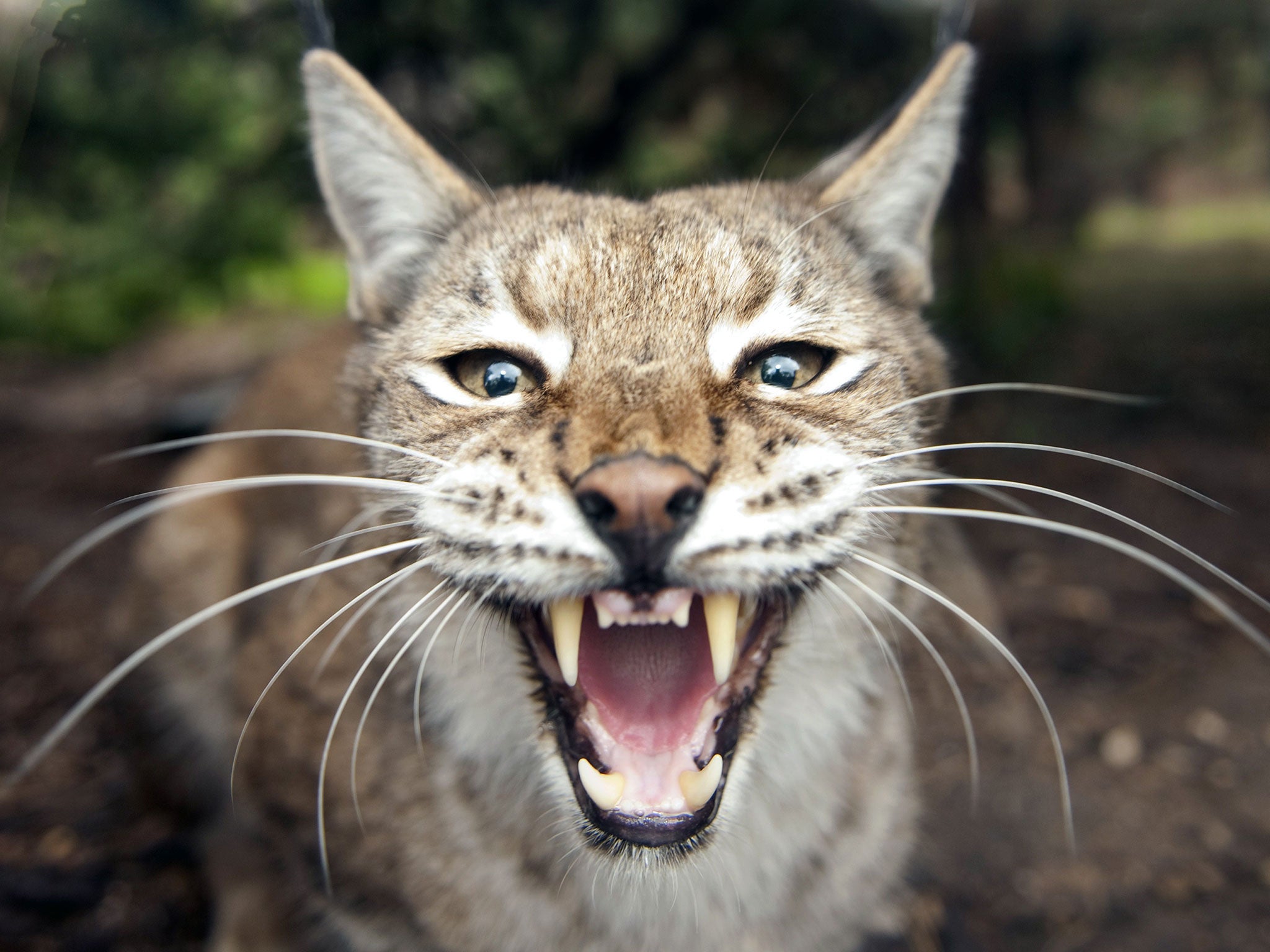Wolves, lynx and wild boar 'should be reintroduced to British forests'
'These are important keystone species which actually drive ecological processes'

Your support helps us to tell the story
From reproductive rights to climate change to Big Tech, The Independent is on the ground when the story is developing. Whether it's investigating the financials of Elon Musk's pro-Trump PAC or producing our latest documentary, 'The A Word', which shines a light on the American women fighting for reproductive rights, we know how important it is to parse out the facts from the messaging.
At such a critical moment in US history, we need reporters on the ground. Your donation allows us to keep sending journalists to speak to both sides of the story.
The Independent is trusted by Americans across the entire political spectrum. And unlike many other quality news outlets, we choose not to lock Americans out of our reporting and analysis with paywalls. We believe quality journalism should be available to everyone, paid for by those who can afford it.
Your support makes all the difference.Wild animals including wolves, lynx and wild boar could be reintroduced to British forests as part of a campaign to restore species hunted to extinction.
Plans put together by Rewilding Britain would see the animals roaming Scotland and other parts of the UK in an attempt to allow "native forests to regenerate, while giving the seas a chance to recover from industrial fishing".
Supporters of the scheme argue that Britain should follow in the footsteps of other European countries, which are already home to large predators. They also maintain that the move would improve biodiversity.
Lynx, which eat deer, rabbits and hares among other animals but are not considered a risk to people, have not been seen in Britain for 1,300 years.
Kielder Forest considered as site for return of wild lynx
Campaigners want the lynx to be reintroduced to Scotland
Spokeswoman Susan Wright told BBC Scotland: "A lot of our important animals were hunted to extinction, species like the wolf, the wild boar, the lynx.
"These are important keystone species which actually drive ecological processes and we should be looking a lot more seriously at bringing these animals back."
But the proposals have drawn criticism from farmers' leaders - who say that the countryside has already experienced problems after the reintroduction of other species, such as beavers and sea eagles.
They say that dams built by beavers have increased erosion and the risk of flooding in neighbouring fields, and that sea eagles, also known as white tailed eagles, kill lambs.
The Scottish government is now trying to decide whether the beavers - which were put in place in Argyll as part of a scientific study - should stay.
NFU Scotland said politicians and Scottish Natural Heritage should "show stronger leadership" on the issue of rewilding.
Vice President Andrew McCornick said: "Our countryside provides food, forestry, tourism, renewables, field sports and environmental goods.
"Recent history has taught us any species introduction, whether legal or illegal, can have an impact on the many benefits that the Scottish countryside currently delivers."
The Scottish government said they intend to consider the issues carefully - but said there are currently "no plans" to reintroduce top predators such as lynx or wolves.
Join our commenting forum
Join thought-provoking conversations, follow other Independent readers and see their replies
Comments